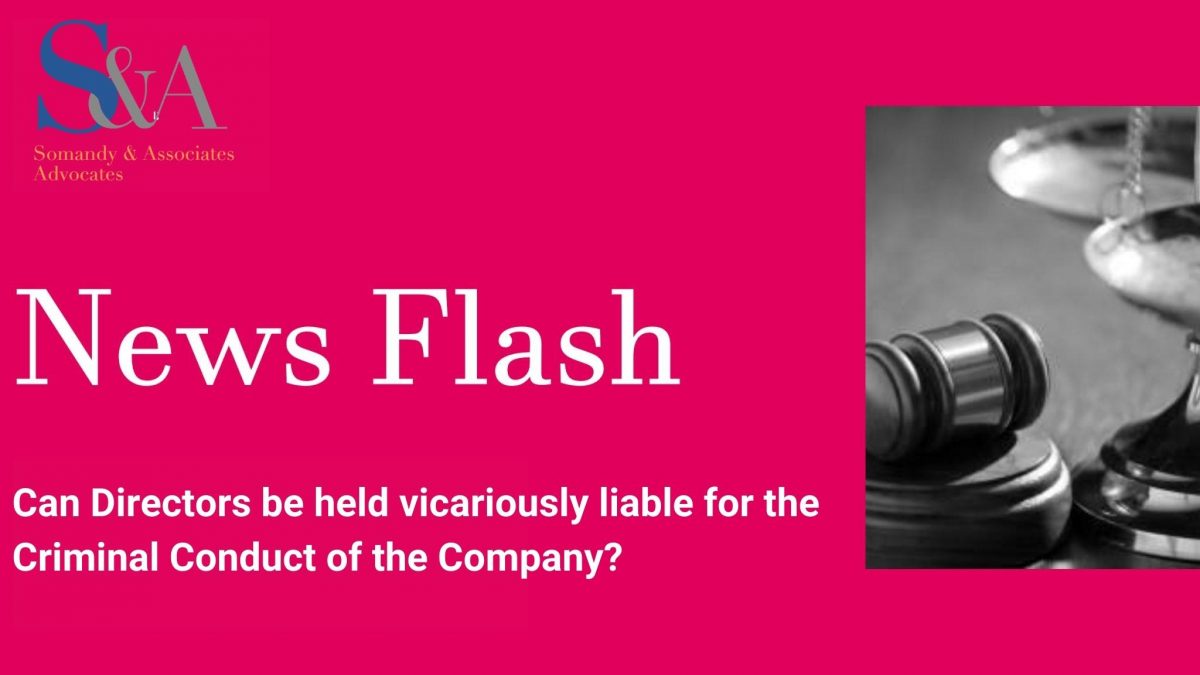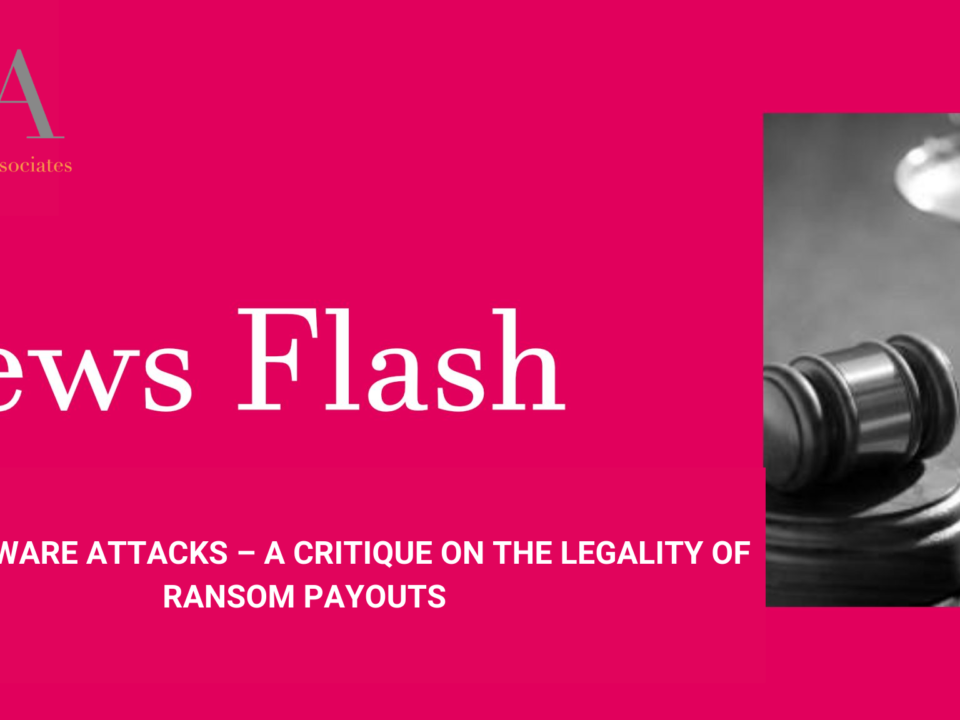
In a recent judgement delivered by the Supreme Court of India, in the case of Dayle De’Souza vs. Government of India through Deputy Chief Labour Commissioner (C) and Ors., (Criminal Appeal No. 1319 of 2021), the Apex Court analysed whether a director can be held vicariously liable for the criminal conduct of the company.
The appellant in this case, Dayle De’Souza is the director of M/s. Writer Safeguard Pvt. Ltd. which had entered into an agreement with the M/s. NCR Corporation India Private Ltd., for servicing and maintenance of the Automatic Teller Machines. On 6th March 2014 a Notice was issued by the Labour Enforcement Officer alleging non-compliance with the provisions of the Minimum Wages Act 1948 and the Minimum Wages (Central) Rules, 1950. The appellant was called upon to appear before the Labour Enforcement Officer, following which the Appellant filed a petition before the Hon’ble High Court of Madhya Pradesh to quash the criminal proceeding under section 482 CrPC, which was consequently dismissed, hence the appellant preferred the present appeal.
The Apex Court held that criminal law should not be set into motion without adequate and necessary investigation of facts on a mere suspicion or when violation of law is doubtful. The court interpreted liability under section 22 C the Minimum Wages Act, 1948 in two parts, firstly the burden is on the prosecution to establish that there has been commission of an offence under section 22 C (1) which states that when an offence is committed by the company every person in charge shall be deemed to be guilty of the offence, it is only post the discharge of this initial burden that the onus is shifted on the accused to prove their innocence. The Apex Court further held that an officer can only be held vicariously liable if the offence is committed with the consent or connivance of, or is attributable to any neglect on the part of the director/partner concerned and not merely owing to their position as the officer of the company.



